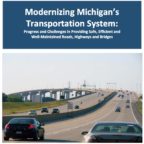
A decade after suffering a significant economic downturn, Michigan is recovering, with its population and economy growing and vehicle travel increasing in response to the growth. But the state’s rate of recovery could be slowed if Michigan is not able to provide a modern, well-maintained transportation system. The pace of economic growth, which will be greatly impacted by the reliability and condition of the state’s transportation system, continues to have a significant impact on quality of life in the Great Lakes State.
View this complete post...











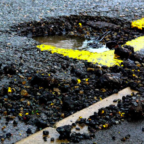
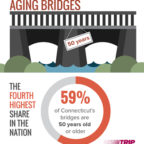
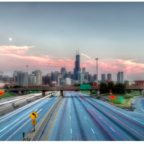
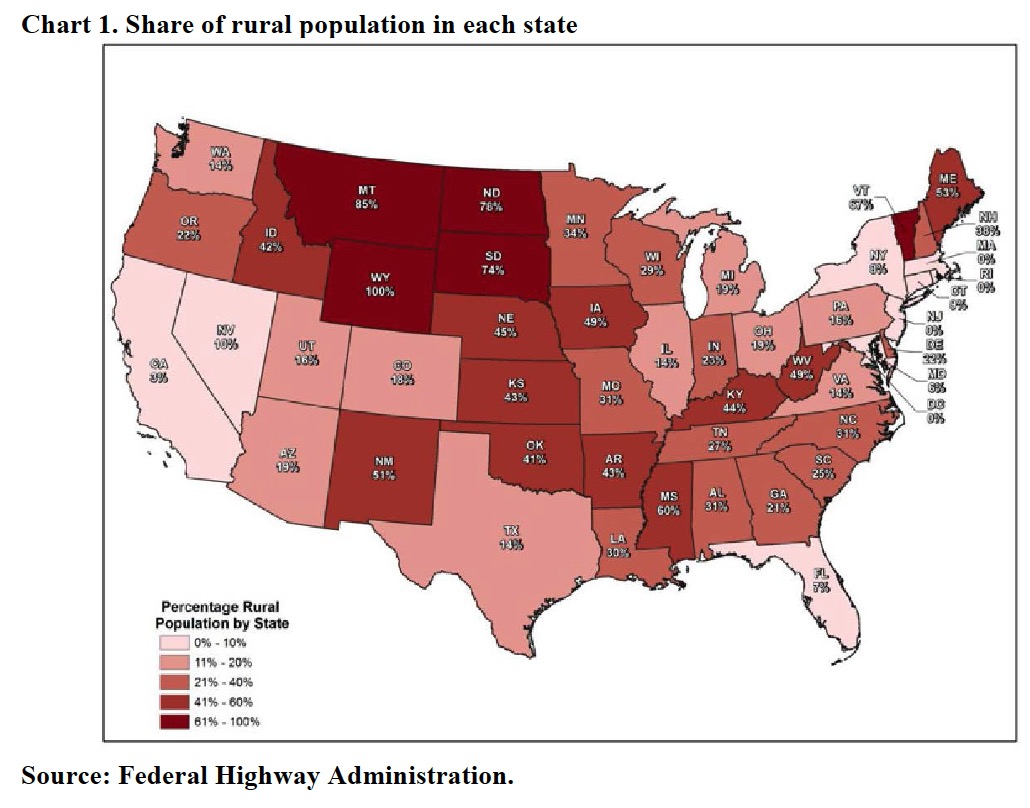

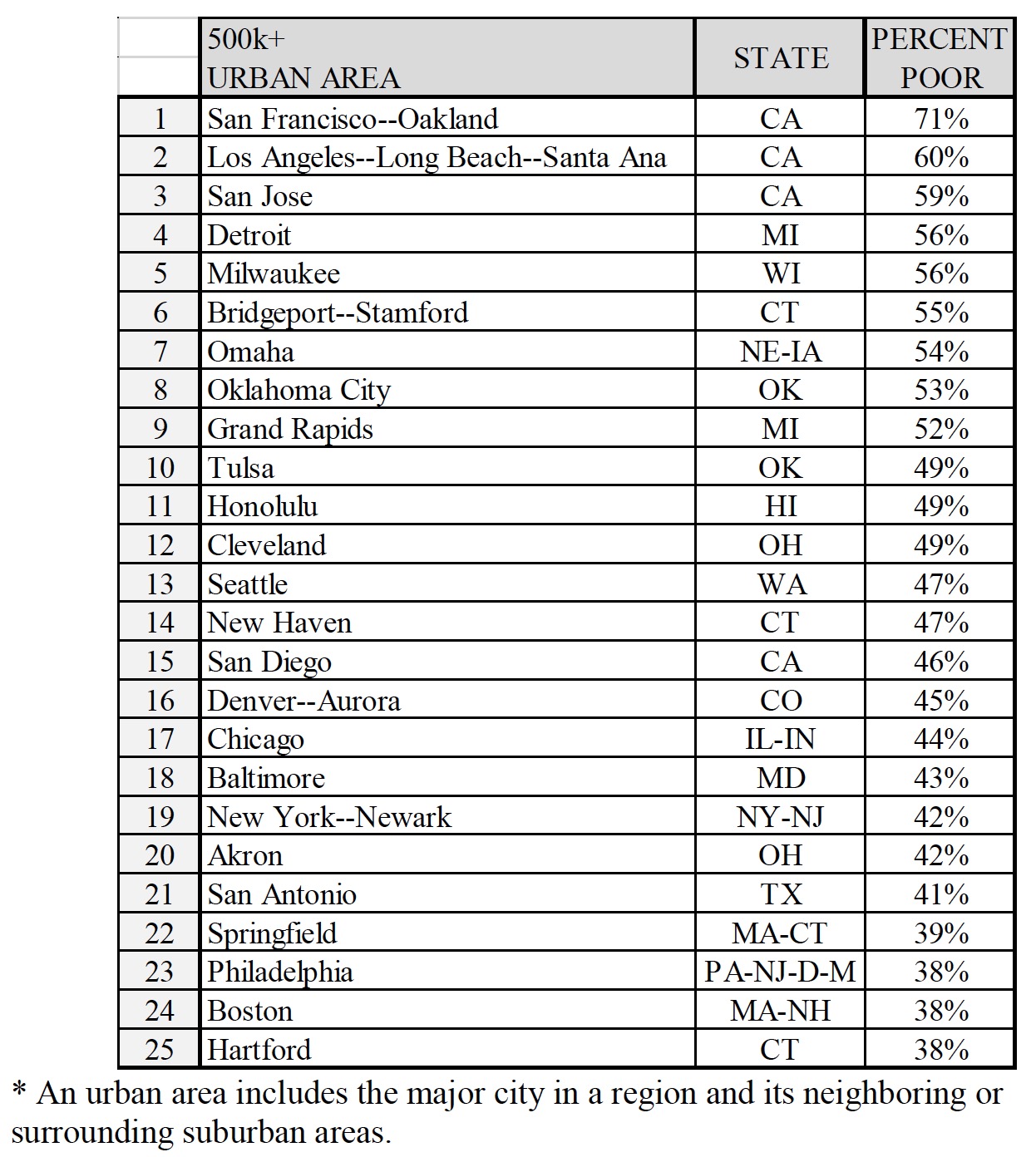

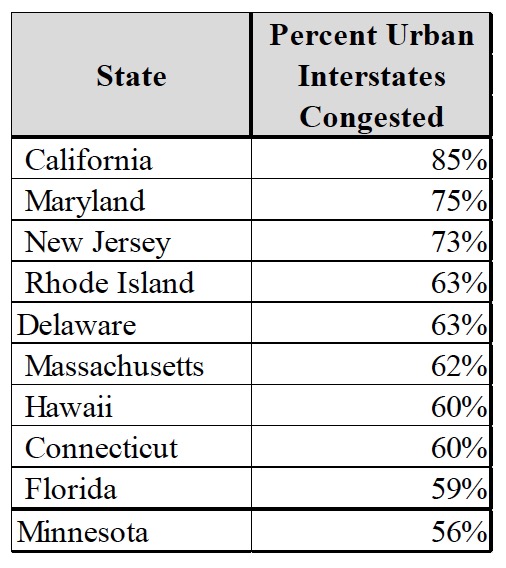


 RSS Feed
RSS Feed